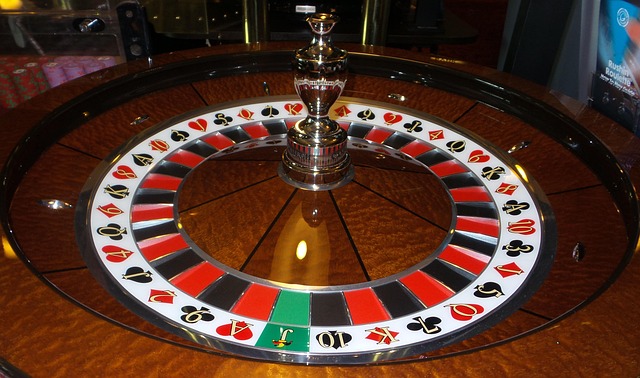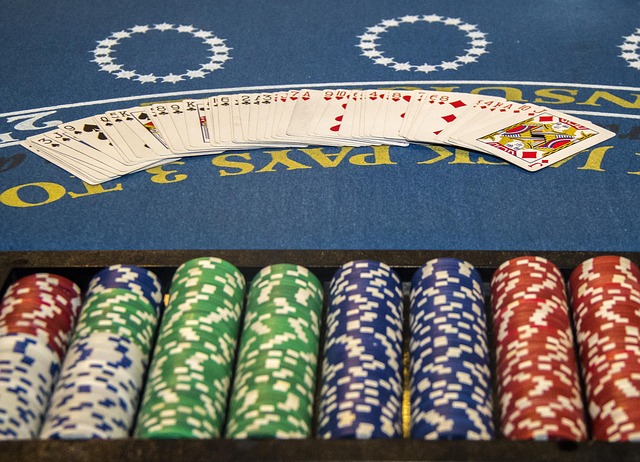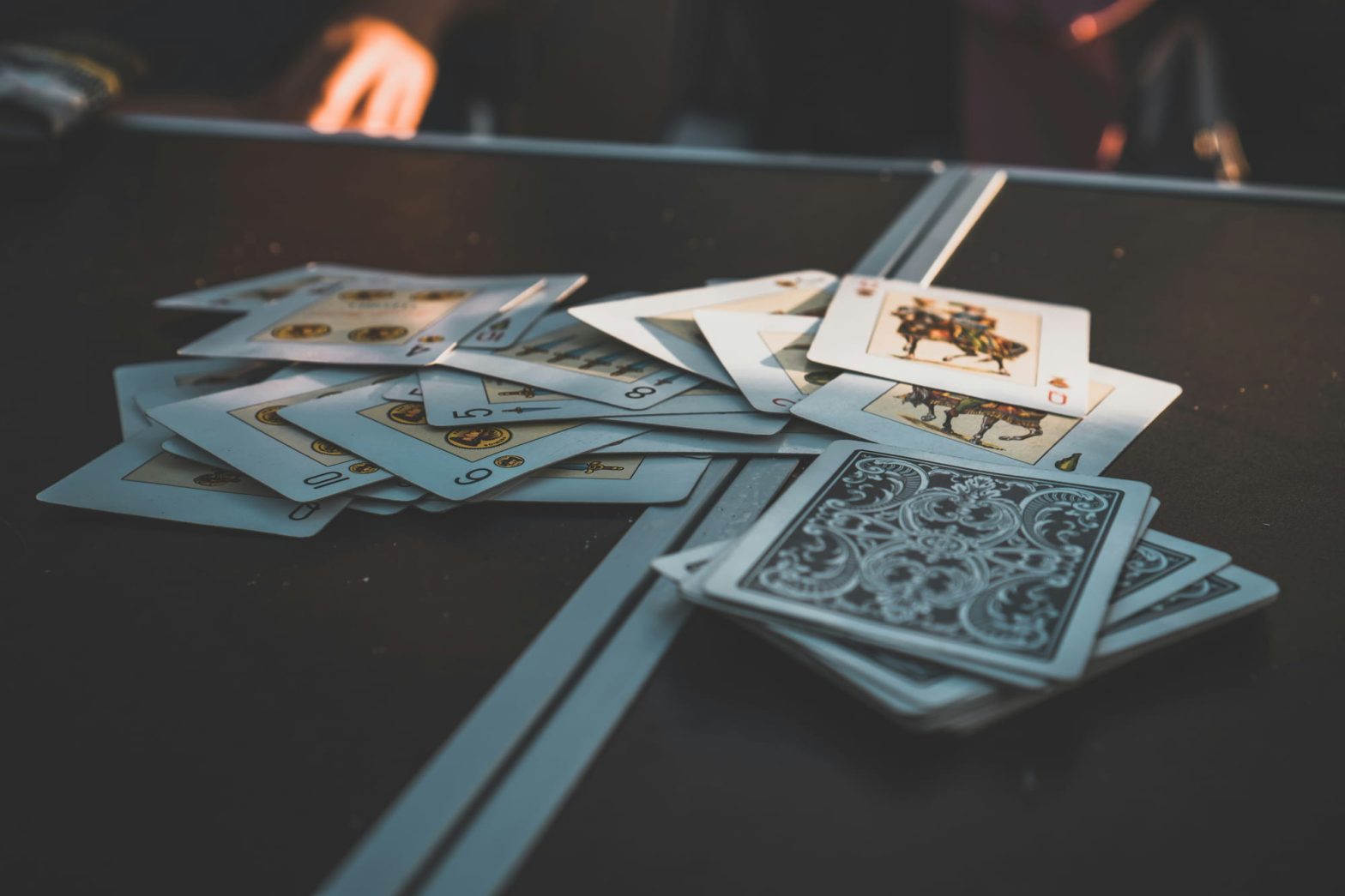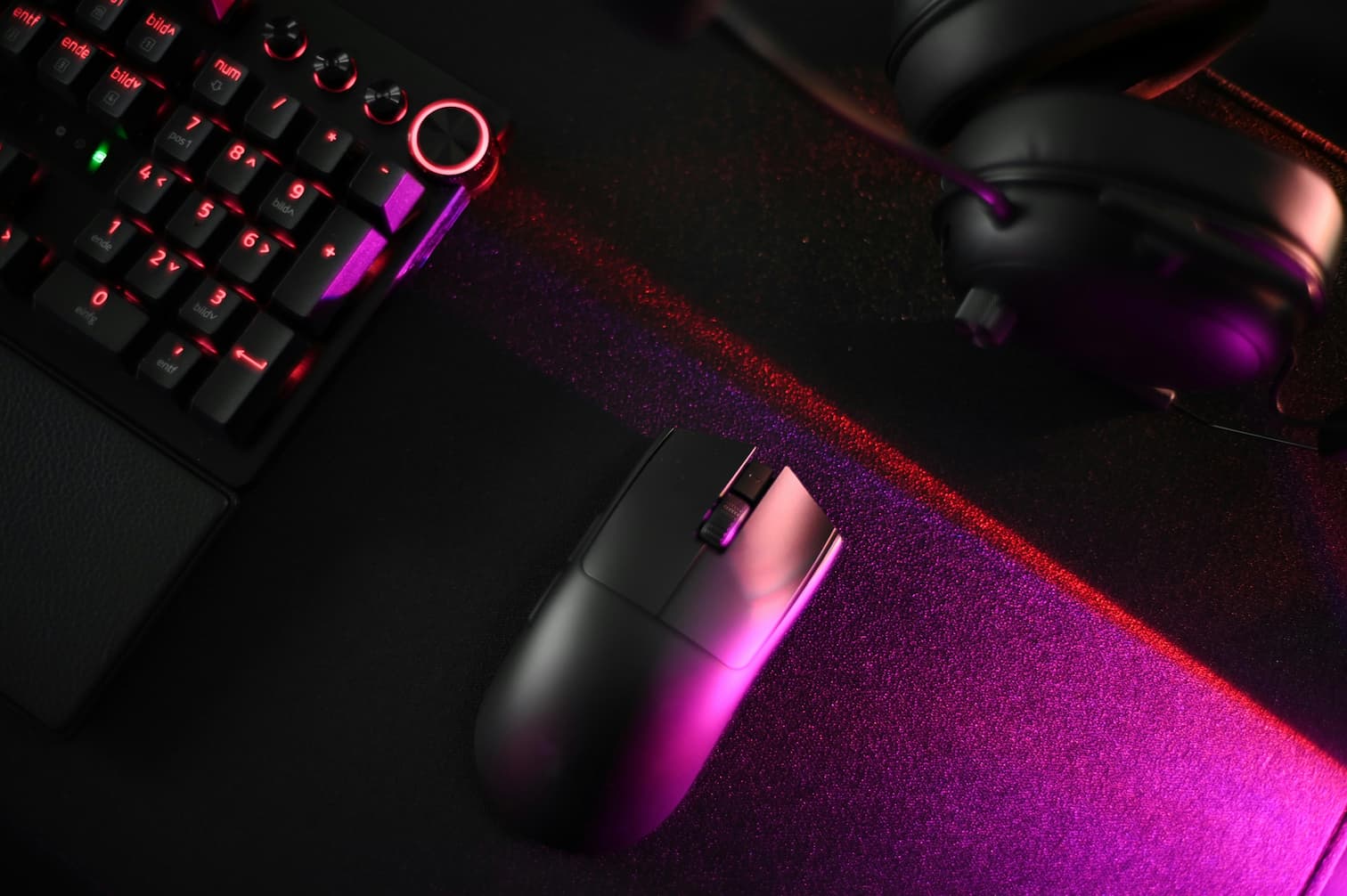
Skill-based casino games—like poker, blackjack, and certain modern video slots—give players the sense that their actions directly impact the outcome. And to some extent, that’s true. But even in these games, there’s a psychological trap known as the illusion of control—the belief that you can influence results far more than you actually can. This mindset can lead to overconfidence, risky bets, and ultimately poor long-term decisions. In this article, we’ll explore what the illusion of control is, how it shows up in skill-based games, and how you can avoid falling into its trap.
What Is the Illusion of Control?
The illusion of control is a cognitive bias where people overestimate their ability to control events, especially in situations where chance plays a major role. It’s a well-documented phenomenon in gambling and psychology.
In a casino context, it might look like:
- Believing your “skill” can overcome luck in a game dominated by randomness
- Assuming a certain betting pattern improves your odds
- Overestimating your edge based on short-term wins
Even in games that do involve strategy, such as blackjack or poker, there’s always a level of randomness that players cannot control.
Skill-Based Games: How Much Control Do You Actually Have?
Not all casino games are created equal. Some involve more skill than others—but none eliminate chance completely.
Poker
In poker, skill plays a large role in the long run—understanding odds, reading opponents, managing your bankroll. But luck still dictates individual hands, and the illusion of control can cause players to tilt or chase losses after bad beats.
Blackjack
Using basic strategy and card counting (in specific settings) gives players a slight edge. However, if you believe you can “will” certain outcomes or control the shuffle, you’re falling into the illusion trap.

Craps and Roulette (With Side Bets)
Even if you’re familiar with betting strategies like the Martingale or Fibonacci systems, you’re still at the mercy of chance. The idea that timing or ritual can shift odds is another classic illusion of control.
Skill-Based Slots and Arcade Games
Modern casinos now offer games that mimic video gaming. While there’s some player input, outcomes are still influenced by house edge mechanics, making “skill” a limited advantage at best.
Why the Illusion of Control Can Hurt You
Believing you have more control than you actually do leads to dangerous behaviors such as:
- Overbetting during winning streaks
- Blaming losses on bad luck instead of bad decisions
- Ignoring randomness and variance
- Underestimating the role of chance in short-term outcomes
This mindset encourages emotional betting, which erodes discipline and leads to long-term losses—even in games where skill does matter.
How to Avoid the Illusion of Control
Recognizing the illusion is the first step toward more responsible, rational gambling. Here’s how to stay grounded:
1. Accept Variance
Understand that no matter how skilled you are, luck plays a role—especially in the short term.
2. Stick to Strategy, Not Superstition
Use proven strategies and data-backed decisions, not “gut feelings” or betting rituals.
3. Track Your Results Objectively
Keep a log of your sessions to separate skill from variance. Seeing patterns over time helps reduce bias.
4. Use Proper Bankroll Management
Never assume your skill justifies bigger bets. Stick to a bankroll plan that protects you during cold streaks.
5. Know When to Walk Away
Even skilled players need to recognize when the odds aren’t in their favor—or when emotions are clouding judgment.

Final Thoughts: Real Control Starts with Self-Awareness
Skill-based casino games offer more depth than pure chance games, but they’re not immune to randomness. The illusion of control can turn an intelligent strategy into a dangerous ego trip. True mastery lies not in thinking you control every outcome, but in understanding the limits of your influence and making disciplined choices within those boundaries.
In the end, the smartest players aren’t the ones who try to control the game—they’re the ones who control themselves.







